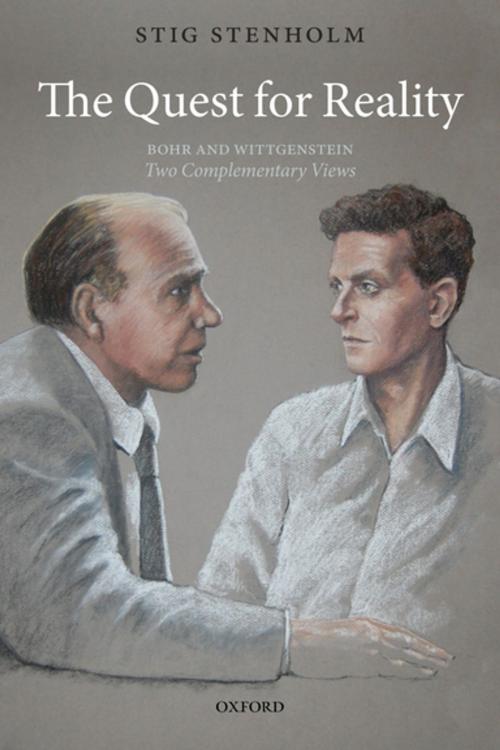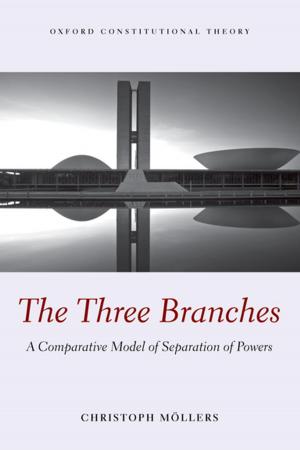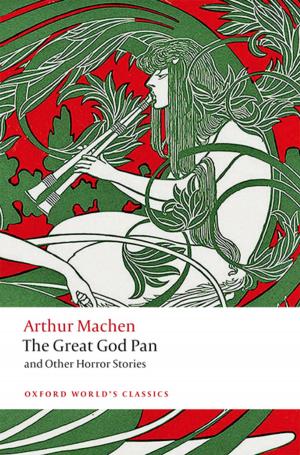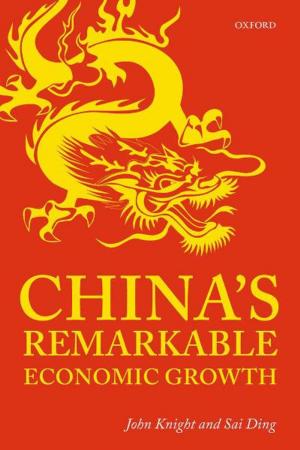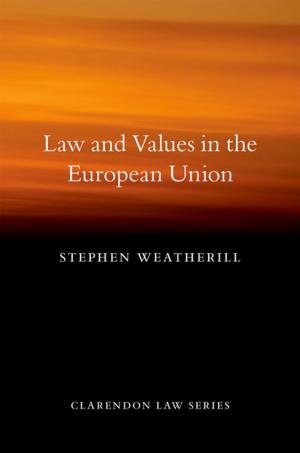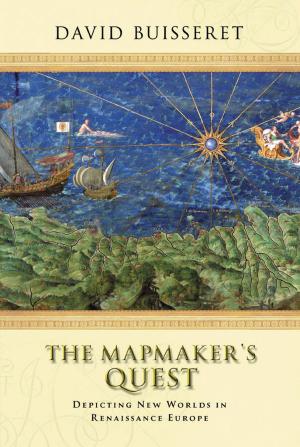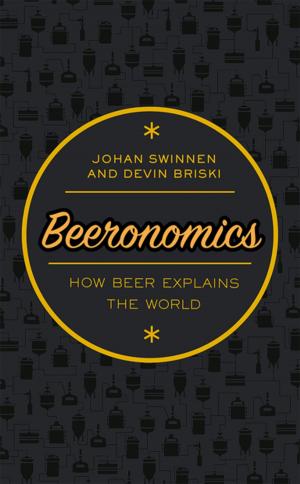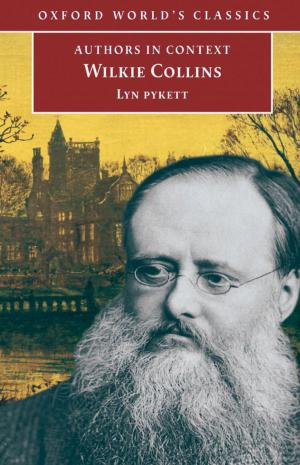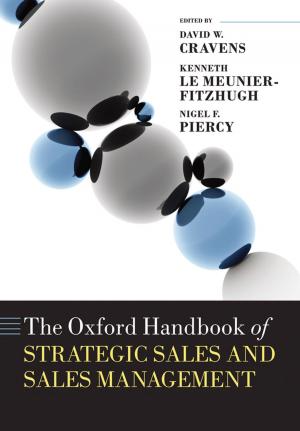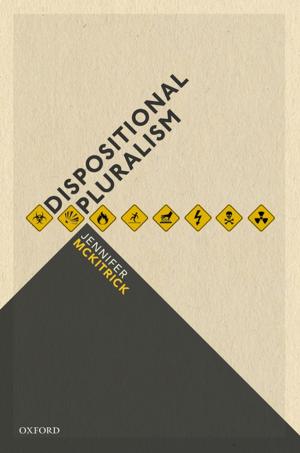The Quest for Reality: Bohr and Wittgenstein - two complementary views
Nonfiction, Religion & Spirituality, Philosophy, Epistemology, Science & Nature, Science| Author: | Stig Stenholm | ISBN: | 9780191621215 |
| Publisher: | OUP Oxford | Publication: | June 30, 2011 |
| Imprint: | OUP Oxford | Language: | English |
| Author: | Stig Stenholm |
| ISBN: | 9780191621215 |
| Publisher: | OUP Oxford |
| Publication: | June 30, 2011 |
| Imprint: | OUP Oxford |
| Language: | English |
In both science and philosophy, the twentieth century saw a radical breakdown of certainty in the human worldview, as quantum uncertainty and linguistic ambiguity destroyed the comfortable certitudes of the past. As these disciplines form the foundation for a human position in the world, a major epistemological reorganization had to take place. In this book, quantum theorist Stig Stenholm presents Bohr and Wittgenstein, in physics and in philosophy, as central figures representing this revision. Each of them took up the challenge of replacing apparent order and certainty with a provisional understanding based on limited concepts in constant flux. Stenholm concludes that the modern synthesis created by their heirs is far from satisfactory, and the story is so far an unfinished one. The book will appeal to any researcher in either discipline curious about the foundation of modern science, and works to provoke a renewal of discussion and the eventual emergence of a reformed clarity and understanding.
In both science and philosophy, the twentieth century saw a radical breakdown of certainty in the human worldview, as quantum uncertainty and linguistic ambiguity destroyed the comfortable certitudes of the past. As these disciplines form the foundation for a human position in the world, a major epistemological reorganization had to take place. In this book, quantum theorist Stig Stenholm presents Bohr and Wittgenstein, in physics and in philosophy, as central figures representing this revision. Each of them took up the challenge of replacing apparent order and certainty with a provisional understanding based on limited concepts in constant flux. Stenholm concludes that the modern synthesis created by their heirs is far from satisfactory, and the story is so far an unfinished one. The book will appeal to any researcher in either discipline curious about the foundation of modern science, and works to provoke a renewal of discussion and the eventual emergence of a reformed clarity and understanding.
